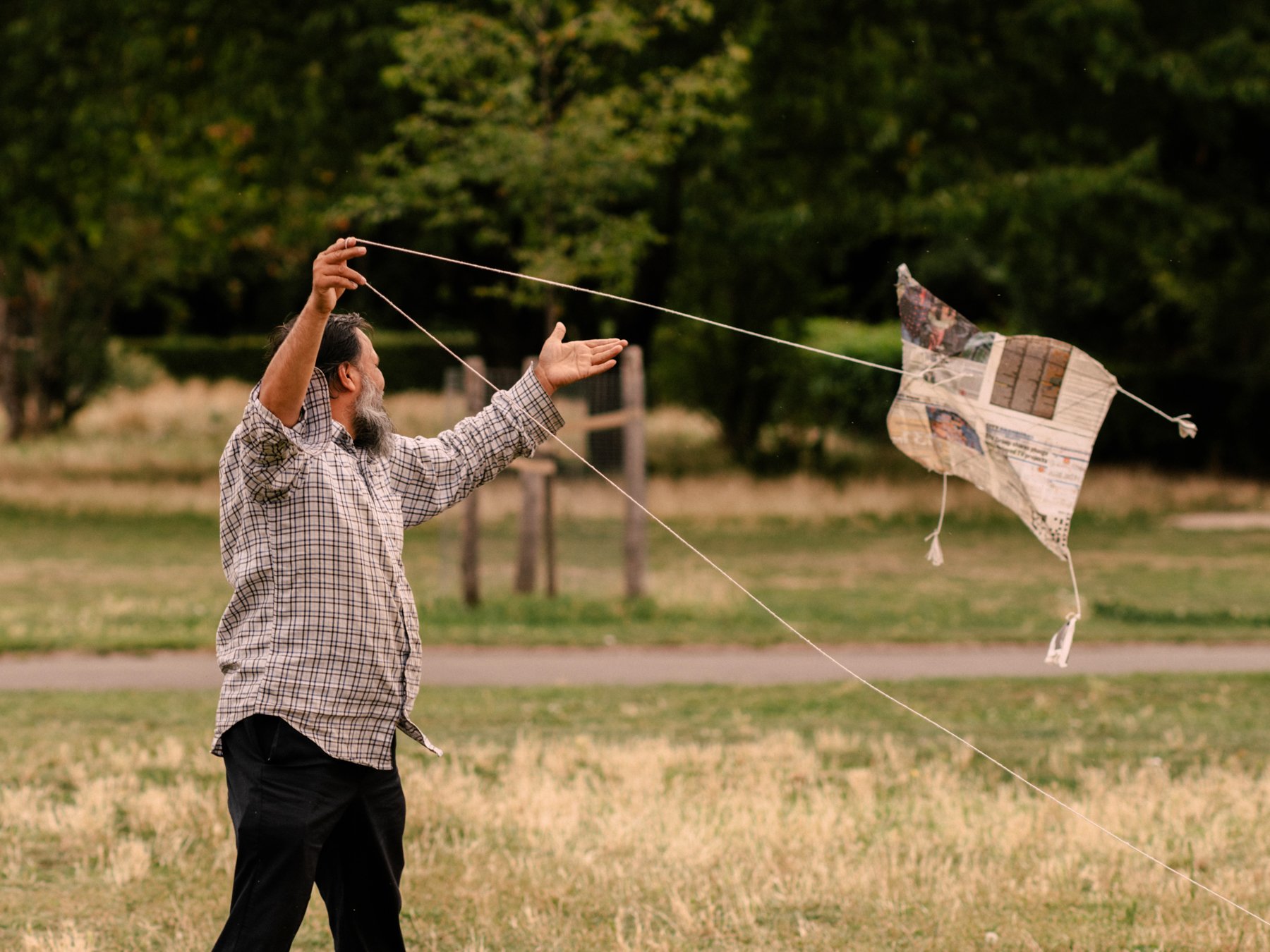Reporting poverty: a guide for media professionals
This practical guide is for journalists who want to report on UK poverty accurately, sensitively and powerfully.
We know today’s newsrooms are more stretched than ever, that journalists are doing ever more work in less time, and that journalists themselves are in a difficult industry. This guide aims to help.
It offers practical recommendations on how media reporting on poverty can better represent people’s experiences, reduce the risk of negative impacts on people in poverty, and build support for structural solutions.
When speaking to the media, people experiencing poverty want to draw attention to the challenges they face, call for action to improve things, highlight what would make a difference, and show solidarity with others.
Some stories about poverty focus on statistics. Others focus on individual people. Others focus on the systems. The guide shows that the very best coverage includes and balances all three, highlights some of the pitfalls in reporting poverty, and gives clear tips on how to avoid them.
This guide was co-produced by an advisory group, whose members are listed at the end of this guide, and supported by ATD Fourth World, Church Action on Poverty, the Joseph Rowntree Foundation, the National Union of Journalists and On Road Media.
We conducted focus groups and worked with people with experience of poverty, journalists from a range of media outlets, anti-poverty organisations and media organisations.

This resource is part of the narrative change topic.
Find out more about our work in this area.